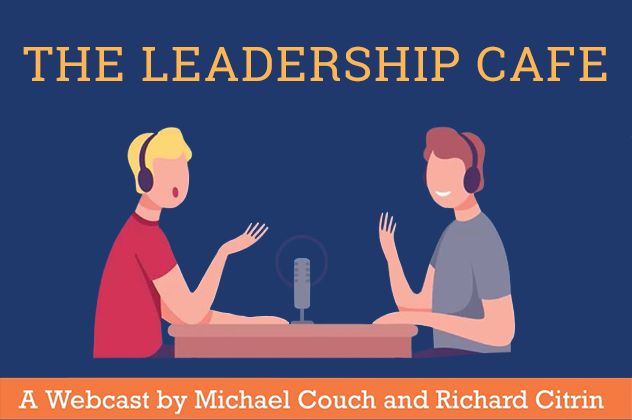I was on the tarmac at DFW Airport 20 years ago waiting for my American Airlines plane to take off for an early morning business trip. Our pilot announced that we had a mechanical problem and had to return to the terminal. None of us knew that he had been ordered back to the gate after United Airline Flight 175 hit the South Tower of the World Trade Center. He didn’t want to take a chance that there might be a bad actor on our flight. Upon returning to the terminal, I appreciated his wisdom.
Over the next several months, myself and a team of clinicians from our behavioral health care company spent many hours at the airport helping employees of American Airlines, from pilots to ramp agent try to make sense of what happened that day which was, of course, an impossible task to achieve. Despite the strong emotions of tears, anger and fear, there was also an inherent commitment to honor their fallen colleagues and help return their business, and our country back to normalcy.
The modern resilience movement began that day as governments, businesses, and each of us had to come to terms with the recognition that black swan events, (low probability events that have a high impact) can and are happening and with even more frequency. Resilience has helped us cope with these events, evidence our greater preparedness for natural disasters and our ability to execute on an approach to overcome a global pandemic.
An article in last week’s Wall Street Journal reported on the mental health impact of 9/11 and societal traumatic events in general (e.g., Covid-19). Research indicated that while initial reactions to these kinds of events understandably lead to difficulties sleeping, significant anxiety, and other mental illness issues, after a period of time our built-in adaptive qualities (resilience) soon muster our healthy assets and help most of us return to a stable emotional balance. In a recent American Psychiatric Association survey, just over 60% of Americans reported a high level of anxiety in 2020 during the early stages of the Pandemic but were now reporting the per cent of people with a high level of anxiety down to just over 40 %. We learn to do more than cope we adapt.
This coming Saturday, we will all take a moment, at 8:46 AM to reflect on where we were on the fateful day and how it has shaped the past 20 years of our lives and that of our nation. We Americans have a proud heritage of overcoming our adversities, which have existed in every era and with every generation. We certainly have our share of challenges today and yet we know that we can find that strong resilient connection to the greater good of what we are about as a people and bring that forward in our connection with others. One way to start is to begin by being mindful of being a bit kinder to one another.
© Richard Citrin 2021
